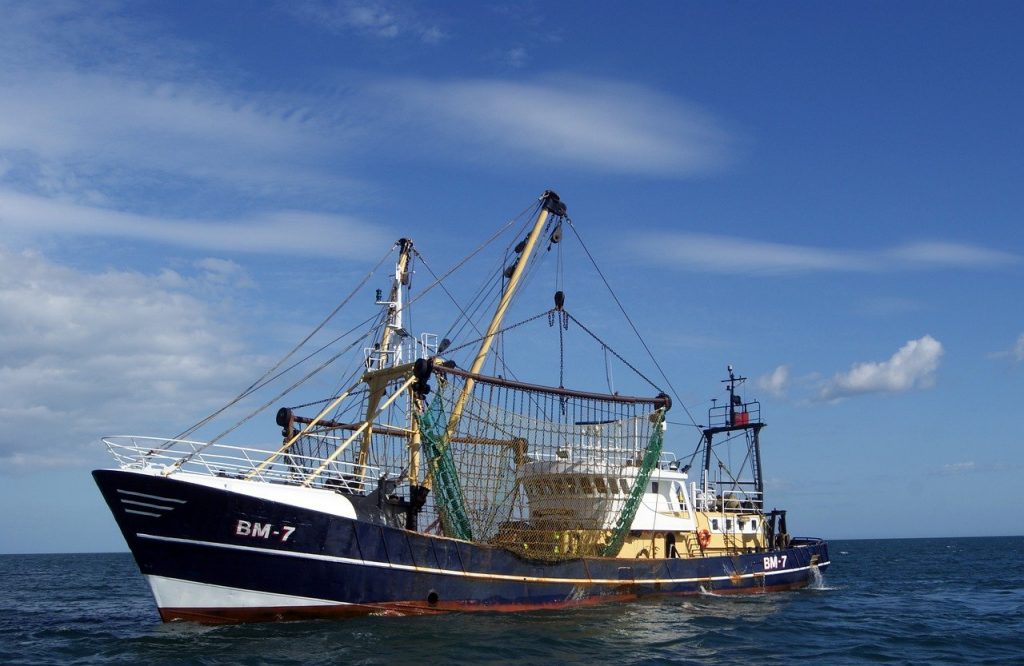The UK government announced it has signed a post-Brexit trade deal with Norway, Iceland and Liechtenstein.
The agreement will boost trade, already worth £21.6bn, between the four nations that are not part of the European Union (EU). Economic relationships will grow between the countries, supporting jobs and prosperity in all four.
The deal will help to increase sectors such as digital, and will also see reduced tariffs on UK farm products such as cheese and meat.
Outside of the EU, Britain is Norway’s main trading partner. The deal will cut import tariffs on shrimps, prawns and haddock. This will reduce costs for the UK fish industry, helping support jobs in Scotland, East Yorkshire and northern Lincolnshire.

UK fishing boats want to maintain access to Norway’s sub-Arctic seas. But since Britain is not part of the European Common Fisheries Policy anymore, it must deal with Norway direct.
However, many Norwegian farmers express concerns at opening up the market to British beef and cheese. The country’s market of 5.4 million people is small, but has strong purchasing power, making it a potentially lucrative agreement.
The countries involved are non-EU members of the European Economic Area (EEA), making them eligible as part of the EU’s single market.
A good start that needs implementation
Norwegian Prime Minister Erna Solberg says “the deal allows for growth in trade for both our countries”. Although the Norwegian government claim this deal will not have all the advantages as it had when they were both in the EEA.
The deal will benefit Norway and Iceland more by bringing them significant trade volumes. But it is also very important for the British government to show new deals are being made after Brexit.
The new trade deal builds on the rollover agreement signed by the UK before leaving the EU’s economic zone. It includes important aspects on digital trade which go further than what the EU has. However, it is still unclear how effective digital and data provisions are in the long term, because they are new elements in free trade agreements.
The deal is a good start, setting out goals in many fields, including digital, climate change and small businesses. But what matters now is the implementation of it.
Before the UK left the EU, Norway had free movement of goods, services and people through the EEA agreement. The new agreement will “not provide similar access to the British market”.
Iceland’s Foreign Minister, Gudlaugur Thor Thordarson, says the country’s priority was to strike an agreement with the UK, that was “crucial” for Icelandic companies and consumers.
Thank you for reading UK Post-Brexit Trade Deal with Norway, Iceland and Liechtenstein

Looking for a storage solution for your garden furniture, tools and belongings? Look no further – Garden Sheds at affordable prices.